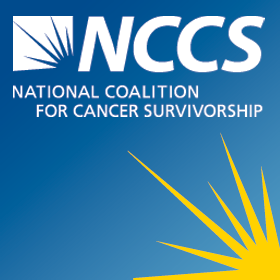NCCS sponsors IOM study to demographic issues in quality of cancer care
NCCS, along with 11 other organizations sponsored an Institute of Medicine (IOM) consensus study: Improving the Quality of Cancer Care: Addressing the Challenges of an Aging Population. On May 21, 2012, the committee began to examine issues in the quality of cancer care with a specific focus on the demographic changes that will rapidly accelerate the number of new cancer diagnoses at a time when workforce shortages are predicted. The goal of this study is to revisit the quality of cancer care a decade after the first IOM report, Ensuring Quality Cancer Care, was published to determine what has changed, what challenges remain, whether new problems have emerged, and how health care reform might affect quality care. The study will consider quality of care from the perspectives of key stakeholders, including patients, health care providers, and payors.
The timing of this study is ideal as the Patient Protection and Affordable Care Act of 2010 has focused attention on the coordination and quality of the U.S. healthcare system. At the same time, there is a growing emphasis in oncology on molecularly targeted therapeutics, which increases the complexity of cancer diagnosis and treatment. In addition, the U.S. population is aging at a time when medical workforce shortages are predicted; the majority of cancer diagnoses occur in individuals 65 years and older and the majority of cancer survivors are in this age range. Most of this population is also insured by a single payor (CMS), where changes to reimbursement are being considered.
Sponsoring organizations include: AARP; American College of Surgeons, Commission on Cancer; American Society for Radiation Oncology; American Society of Clinical Oncology; American Society of Hematology; Centers for Disease Control and Prevention; LIVESTRONG; National Cancer Institute – National Institutes of Health; National Coalition for Cancer Survivorship; Oncology Nursing Society and Susan G. Komen for the Cure®




